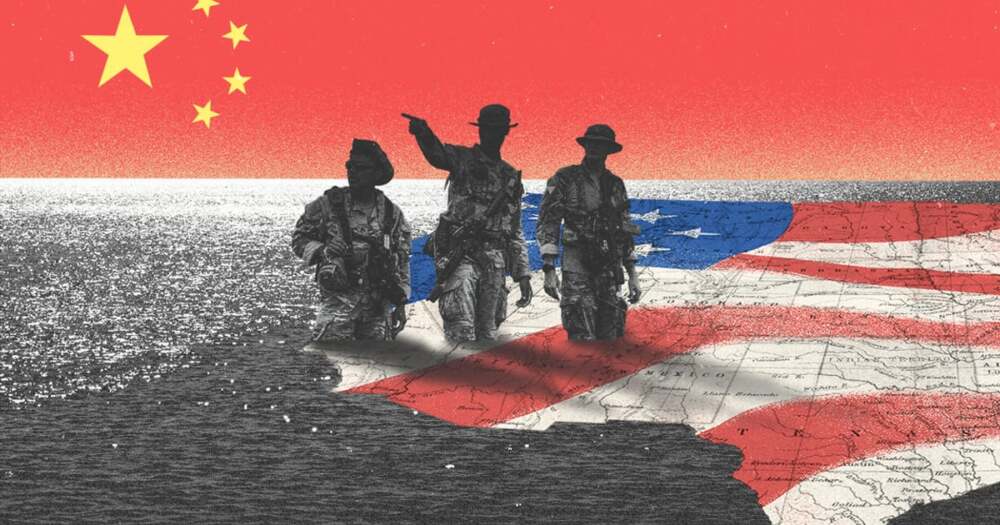As China marks the 80th anniversary of Japan’s surrender in World War II, the country is actively reshaping the historical narrative surrounding its role in the conflict. Chinese officials and state media are emphasizing the contributions of the Soviet Union while downplaying the support China received from the United States, highlighting China’s own resilience and self-reliance.
Recasting Wartime Alliances
Chinese leadership portrays China and Russia as the principal victors of World War II, underscoring their shared historical experiences and enduring partnership. This narrative shift also frames both nations as central figures in the post-war order, reinforcing the perception of a multipolar world in which the United States plays a less dominant role. State scholars echo this viewpoint, emphasizing that China’s victory was primarily the result of its own efforts.
Historically, however, U.S. assistance was pivotal in sustaining China’s resistance against Japanese forces, providing military aid and strategic support that helped China maintain its front in the Pacific theater. By reframing this period, China seeks to align history with contemporary political and strategic objectives rather than strict historical accuracy.
Geopolitical Messaging
This reinterpretation serves both domestic and international purposes. At home, it reinforces national pride and the legitimacy of the Communist Party by highlighting China’s endurance and strength. Internationally, it strengthens China’s ties with Russia and subtly challenges the U.S.-led global order. In an era of growing trade tensions, technological competition, and military posturing, the way China presents its historical alliances sends a strategic signal about its vision for the modern world.
Conclusion
China’s reframing of World War II history is a calculated effort to link the past with present-day geopolitical ambitions. By emphasizing self-reliance and partnership with Russia while minimizing U.S. influence, China seeks to bolster both national identity and international standing. How this narrative is received abroad may shape future diplomatic relationships and the balance of power in global affairs.
















Leave a Reply